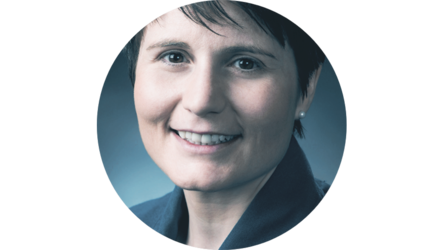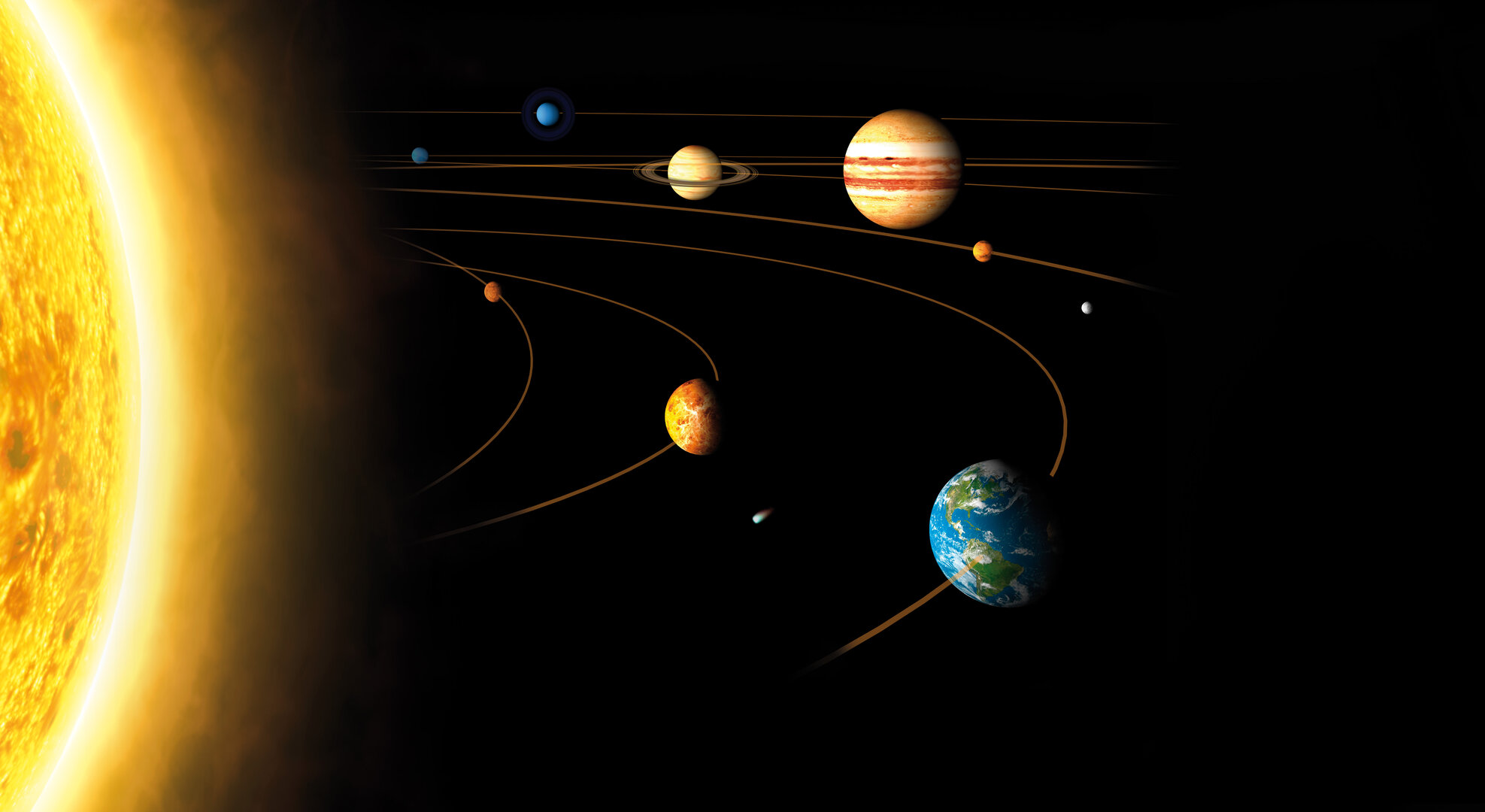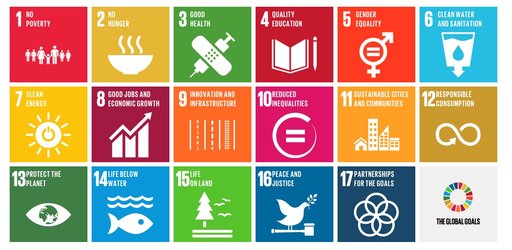Access to space
Our global connection is nowhere as present as in our endeavours to explore space, as anyone who is involved in the space business will confirm. It is a very small world and compared to the vastness of the Universe, Earth definitely seems very fragile. All the more reason to look after our planet and all of its inhabitants – people, flora and fauna alike – in every way possible.
The United Nations Sustainable Development Goals (SDGs) set in 2015 aim at securing and improving the welfare of the planet as a whole.
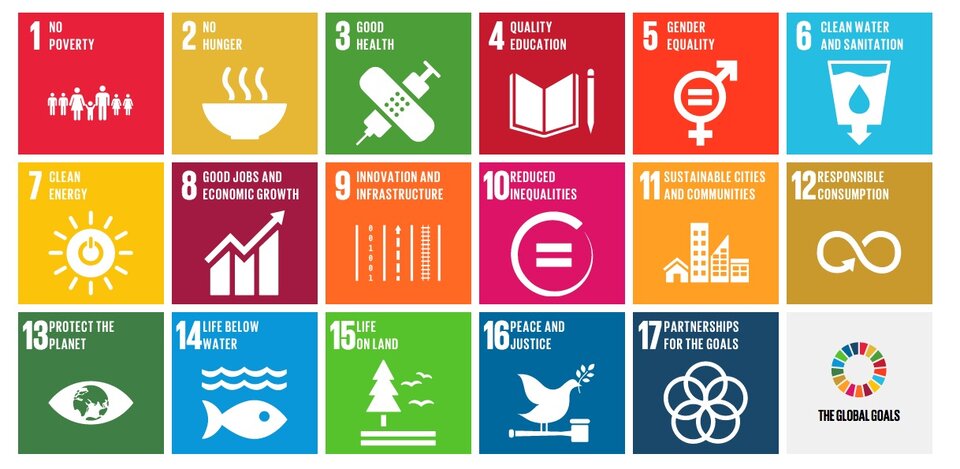
To achieve these goals, countries have to equip themselves with the technical and policy capabilities to integrate space technology and applications in their strategic planning. This includes solid cooperation between nations to be able to guarantee a continued peaceful use of space and to foster a more sustainable future through and for space exploration.
Next year, in 2018, The United Nations Office for Outer Space Affairs (UNOOSA) will celebrate the 50th anniversary of the first UN conference on the Exploration and Peaceful Uses of Outer Space. UNISPACE+50 will be an opportunity for the international community to gather and consider the future course of global space cooperation for the benefit of humankind as a whole, and, in particular, to build a Space2030 agenda for the contribution of space activities to achieve the SDGs.
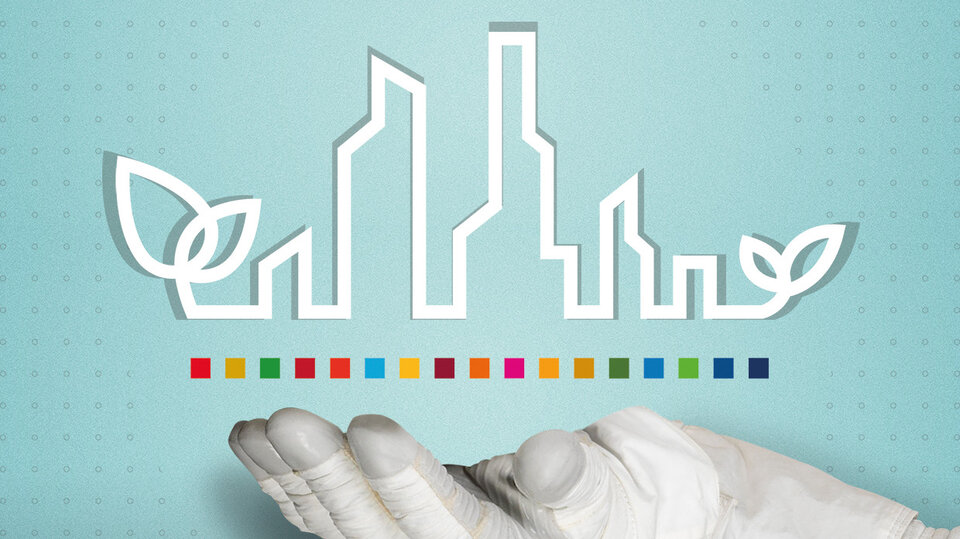
ESA has actively been participating in terms of aligning its Space Exploration Goals and Objectives with the SDGs, as well as through the EO4SD – Earth Observation for Sustainable Development – initiative.
ESA's ARTES programme is also contributing to help achieve the global goals throughout many of its individual projects.
A comprehensive catalogue comprising examples from all areas within ESA has been compiled as a showcase. A full online version with many more examples will be available soon.
At the 'Access to Space – Holistic Capacity-Building for the 21st Century' symposium, held in Graz, Austria, from 3-7 September, ESA will be highlighting some of its activities towards UNISPACE+50. Among the topics discussed at the symposium will be: How to attract more women and young people to pursue a career in space, how can we provide open access to data, how can space technology benefit developing countries, which policies need to be in place to secure sustainability, etc.

The symposium will be a flagship event towards UNISPACE+50 Thematic Priority 7 (TP7) to discuss innovative approaches to capacity-building in the space domain. The goal is to determine a set of space-capability indicators that can be used to support countries in space-related matters, including in the areas of policy, applications and technology, as well as the need to be able to measure progress, development and impact of space activities.















 Germany
Germany
 Austria
Austria
 Belgium
Belgium
 Denmark
Denmark
 Spain
Spain
 Estonia
Estonia
 Finland
Finland
 France
France
 Greece
Greece
 Hungary
Hungary
 Ireland
Ireland
 Italy
Italy
 Luxembourg
Luxembourg
 Norway
Norway
 The Netherlands
The Netherlands
 Poland
Poland
 Portugal
Portugal
 Czechia
Czechia
 Romania
Romania
 United Kingdom
United Kingdom
 Slovenia
Slovenia
 Sweden
Sweden
 Switzerland
Switzerland



